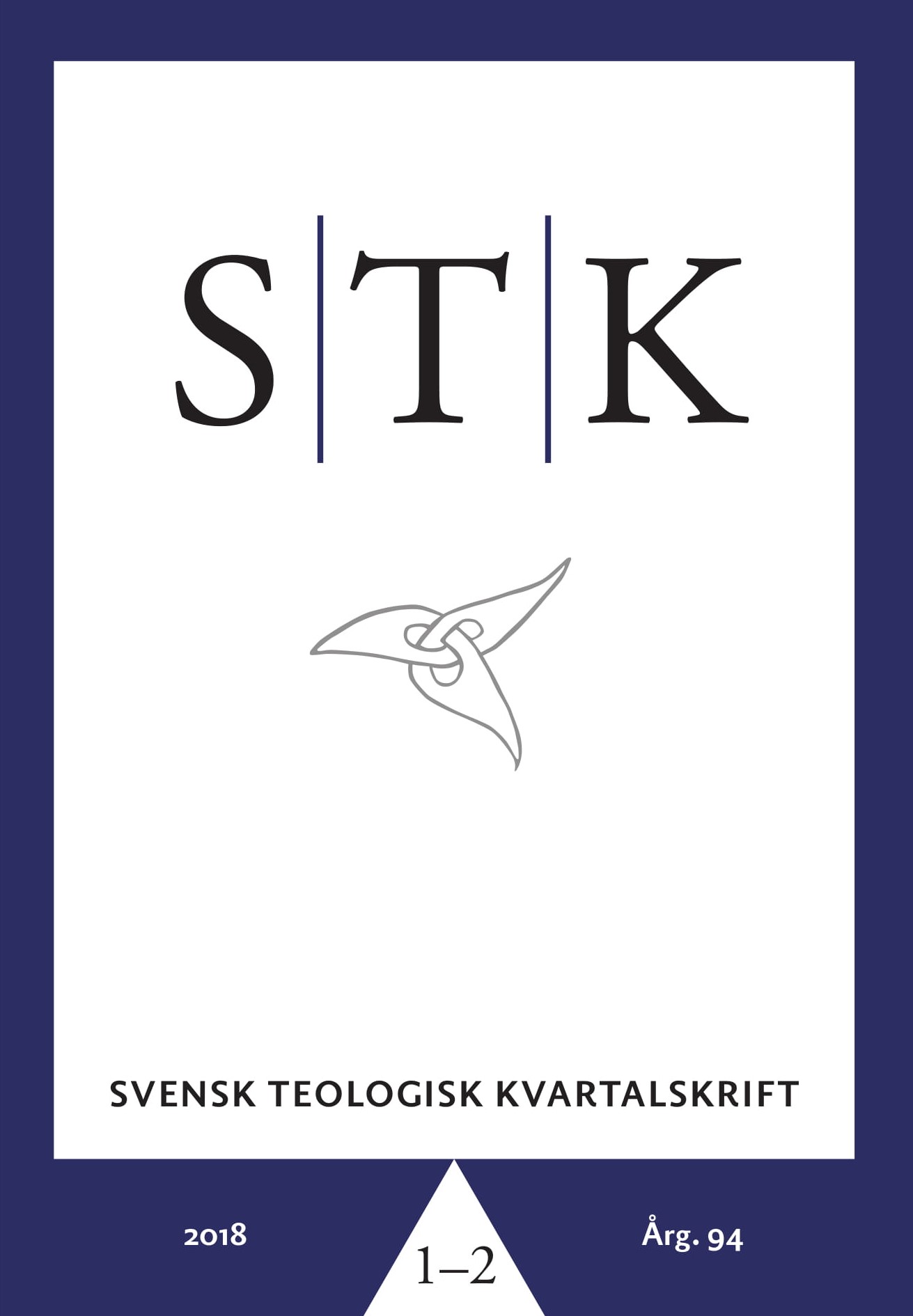Vetenskaplig religionsforskning som utmaning för gudstro?
Om kognitionsvetenskaplig religionsforskning och dess relevans för gudstrons rationalitet
Abstract
The scientific study of religion has brought challenges to the rationality of religious belief. A field of study of particular interest is cognitive science of religion (CSR), an interdisciplinary research programme that developed from the 1990s onwards. The results show that people in all known cultures easily believe in "supernatural agents." It is claimed that this have to do with how the human mind is designed. The reason why it is philosophically and theologically interesting, is that diverse conclusions concerning the rationality of religious beliefs seem to follow. In summary, at least two different positions can be distinguished: (1) CSR undermines the rationale of keeping religious beliefs as true, and (2) CSR rather supports religious beliefs, or at least does not make it irrational to hold them as true. Let us call the first line of arguments negative relevance and the second positive relevance. My conclusion is that CSR has negative relevance to a type of religious belief I have chosen to call "finite supernatural agency," but not for the faith of "infinite supernatural agency." First, the initial type of belief is easier to explain by being generated by unreliable cognitive mechanisms, and second, they are difficult to integrate with what we otherwise know about the world.
Downloads
Publicerad
Nummer
Sektion
Licens
Copyright (c) 2019 Lotta Knutsson Bråkenhielm

Detta verk är licensierat under en Creative Commons Erkännande-Ickekommersiell-IngaBearbetningar 4.0 Internationell-licens.


